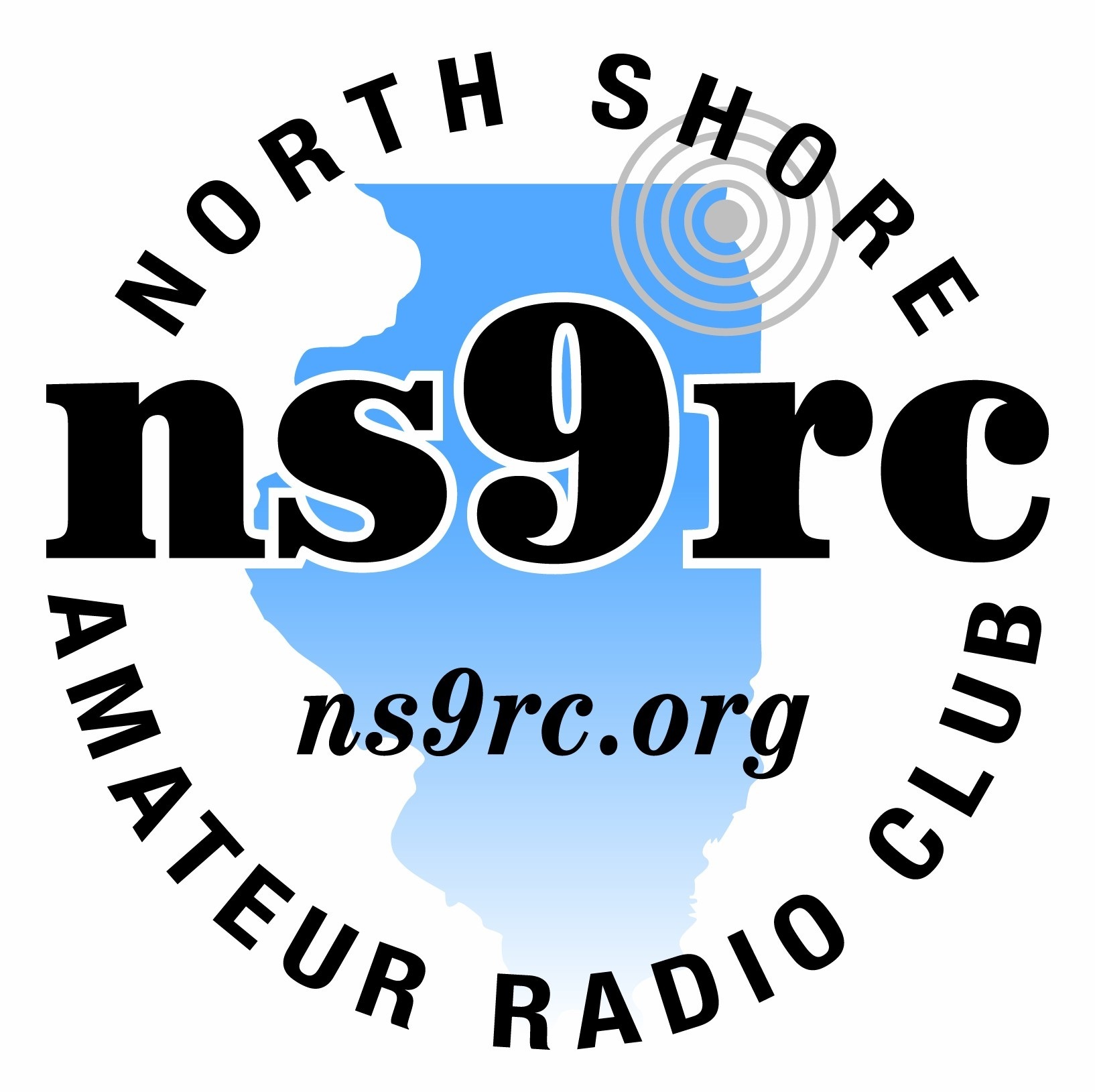Ham radio and public service
I just completed working the Shamrock Shuffle with a small team of ham radio operators who help provide communications for the medical teams in the field. We were a small team, maybe 12 people – four at the headquarters and the remaining split out to the two aid stations on the course. We have been doing this work now for about 5 years and the Shamrock is the tiny brother of the Chicago Marathon, where we also provide assistance. But just before I took off for the weekend of fun, I had a chance to listen to the RAIN report who had presented a condensed version of Mitch Stern’s Dayton forum on preparing for public service events. And while I agree with 100% of what Mitch said about being prepared, I wanted to add one more angle.
To me, the very first piece of business is to make sure you have a client relationship with whomever you serve. I tried for years to involve ham radio with my local community and came up very short (most towns on the North Shore feel they can handle whatever comes their way). I moved my focus to the Red Cross, thinking surely they could use radios in their ops…only to find that they had come to rely entirely on computers and satellite technology. Where I have found a home has been with the multiple levels of local runs or other type of races. This started with us with the Evanston Bike Club’s North Shore Century. We have deployed APRS and radio teams to help support the bikers in the field who had become injured or whose bikes had broken down. Over the years, it has developed into a very a strong relationship with the organizers. Eventually, the organizers from the Chicago Marathon sought us out as well. That, it turns out, is a more complex relationship and as we need to be very targeted in the services we offer. But in both cases, it is absolutely essential that we recognize where we fit into the food chain. We serve them!
In Boy Scouting I often heard the term, “servant leader.” I always found that construction weird…so I did a little research and found the term has deep historical roots (related mostly to how a King should govern his people); but that it took a more modern spin in the 70’s when Robert Greenleaf coined it for modern use. Now it is being used in multiple settings from political to religious. To me, this idea resonates on many levels. People did not want ham radio operators around because we became arrogant. No one had radio in those days and now we have been replaced with a zillion new technological toys. We are not on the bleeding edge. Plus, many of the organizations I spoke with had bad experiences with the ham teams. Most hams provided their own gear, offered their own time, but then they started to become less focused on the mission and more focused on building empires. At the Red Cross, many years back, a group of hams pulled all of their gear out, when things did not go their way, and left the Red Cross with no communications. Same thing with the Marathon. In this context, I could see why people did not want to have a group of hapless volunteers hanging around. Forget all of the public service preparedness business and building go kits, if you bring the wrong attitude to the party, you will not be invited.
So, we have been successful in recent years serving all of the organizations I have mentioned, simply because we have made a relentless effort to focus on them and not us. We still come prepared. Carry our own gear. Provide our own parking and pay for our own expenses. But, we don’t need special vehicles, or special tents or equipment…we just serve.
So, next time you work on your go kit…make sure you add the most important tool in the bag…your attitude. Bring your willingness to do whatever is required for the job and people will come to appreciate that we do bring more to the party.
73 Rob K9RST
